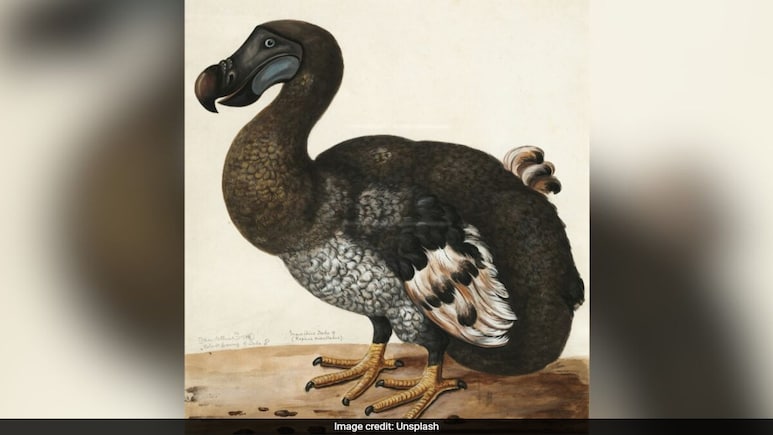
Colossal Biosciences, a US-based biotechnology company, announced groundbreaking work on bringing back the extinct dodo bird through genetic engineering. This ambitious project aims to revive the iconic flightless bird that vanished from Mauritius over 400 years ago. The company says that it is working with wildlife groups to identify safe, rat-free sites in Mauritius where the species could once again roam.
Colossal Biosciences, a company that grabbed attention over its plans to de-extinct woolly mammoths and dire wolves, said that researchers, for the first time, had successfully grown pigeon Primordial Germ Cells (PGCs), the precursor cells to sperm and eggs.
🚨🦤✨ HUGE breakthroughs on the path to bringing back the dodo. From gene-edited birds to the first pigeon primordial germ cells, and more, extinction is losing.
— Colossal Biosciences® (@colossal) September 17, 2025
Scroll through and feel the rise of “Big Dodo Energy.”
(1/11) pic.twitter.com/HMWPKeXefm
The company said that it has also developed gene-edited chickens that will act as surrogates for the dodos. Edited PGCs will be injected into genetically modified chicken embryos, serving as surrogates due to their manageable reproductive biology.
"Our avian team's breakthrough in deriving culture conditions that allow pigeon primordial germ cells to survive long-term is a significant advancement for dodo de-extinction," Colossal CEO and co-founder Ben Lamm said in a press release on Wednesday.
"This progress highlights how Colossal's investment in de-extinction technology is driving discovery and developing tools for both our de-extinction and conservation efforts."
"Following the global excitement around our recent moa announcement, this new infusion of capital will help us expand our infrastructure and grow our avian genomics team to accelerate not only the new moa de-extinction project, but also continue to track progress on the dodo."
Also Read | As Nano Banana Trends Go Viral, Here's What Gemini Says On Safety
On the timeline for the dodo's return, Lamm said, "Rough ballpark, we think it's still five to seven years out, but it's not 20 years out."
"Our goal is to make enough dodos with enough genetic diversity engineered into them that we can put them back into the wild where they can truly thrive," he said. "So we're not looking to make two dodos, we're looking to make thousands."
Colossal Biosciences has raised significant funding, including $120 million recently, bringing its total to $555 million, underscoring the project's ambition and potential impact on biodiversity and conservation.
However, de-extinction raises questions about diverting resources from protecting existing species and ecosystems.
Track Latest News Live on NDTV.com and get news updates from India and around the world

